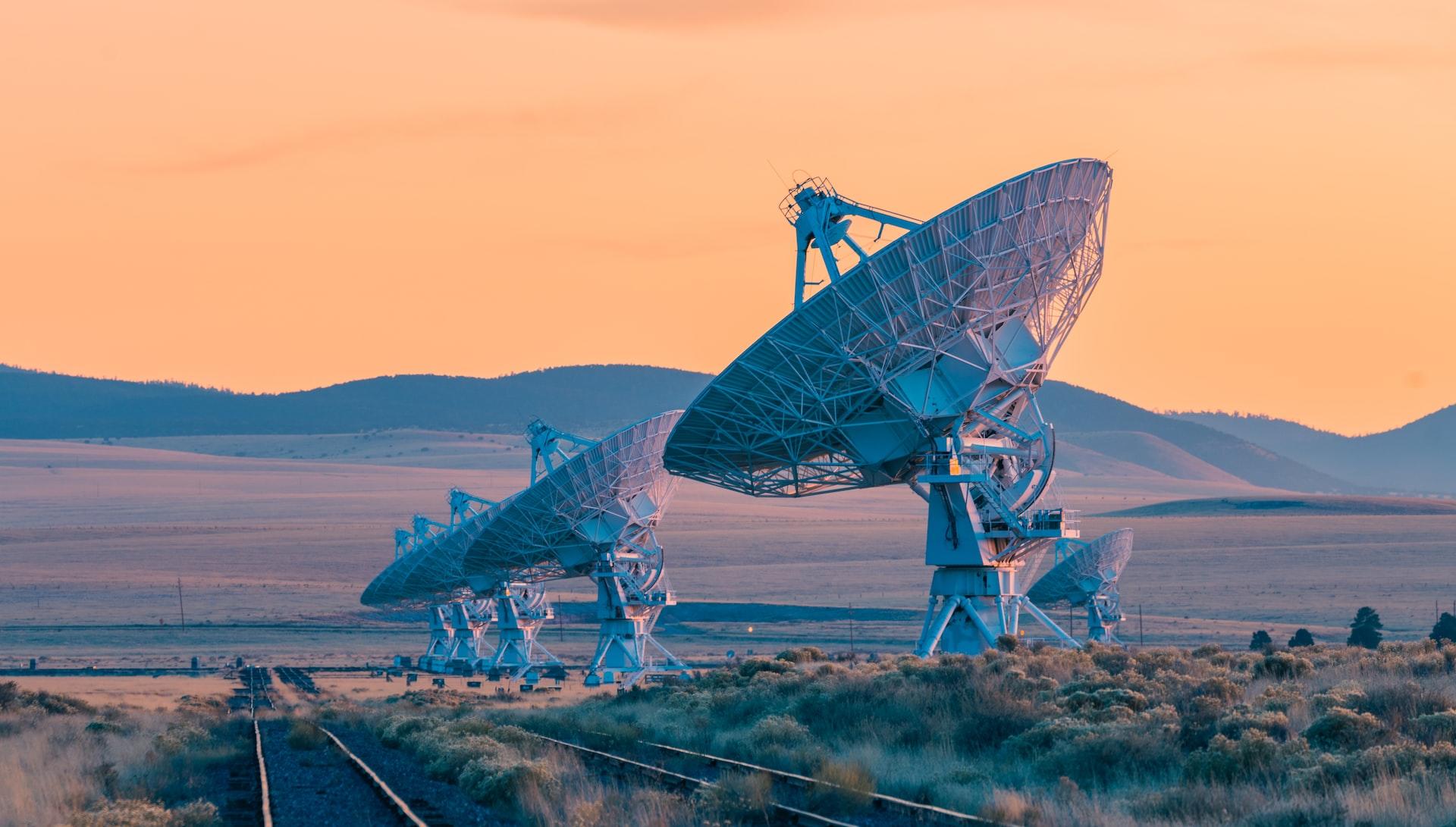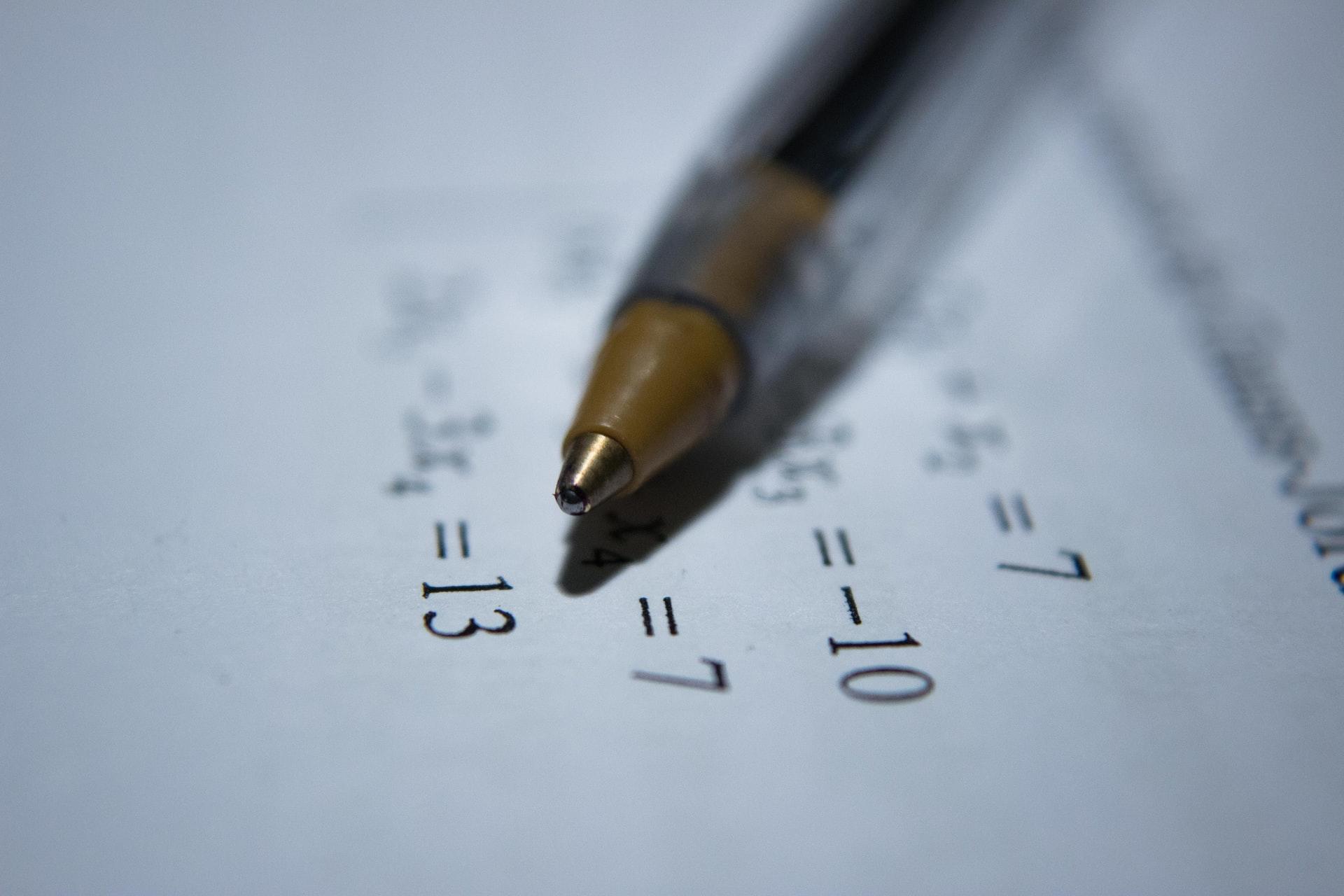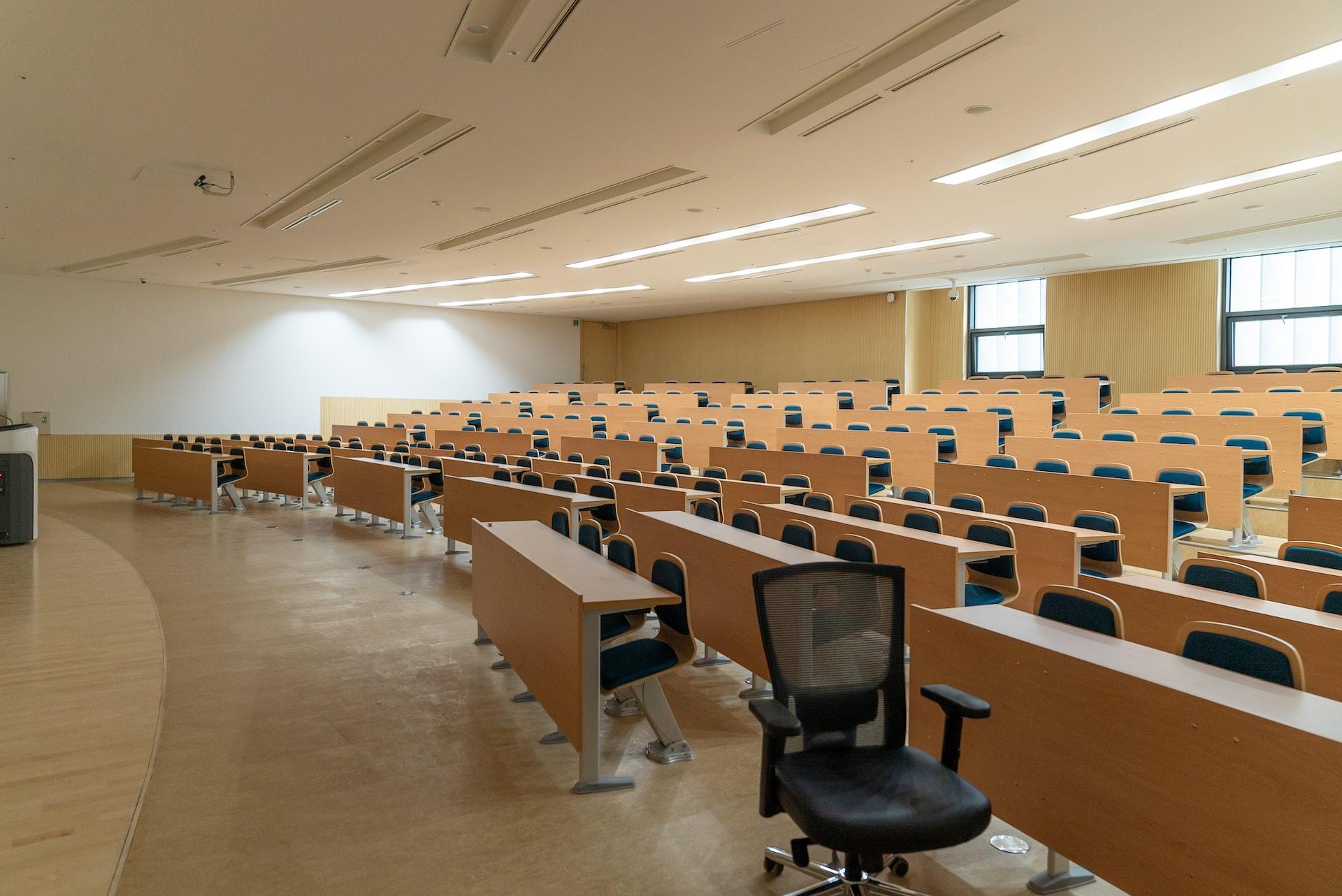If you've studied physics, you'll have noticed that there's a lot of math involved. However, if this is the first time you've heard of mathematical physics, you might be wondering what the difference is.
Simply put, mathematical physics is applying mathematics to physics problems and developing mathematical solutions for problems in physics. Unfortunately, like many things, it's not as simple as this in reality and the boundaries between mathematical physics, theoretical physics, and experimental physics are blurrier.
To try and see things more clearly, let's look at what experimental physics, theoretical physics, and mathematical physics entail to give us a better idea of what it all means. Just remember that there's a lot of overlap and all of this exists on a continuum rather than as clearly defined boundaries.

Experimental Physics
On the end of the continuum farthest from mathematical physics we find experimental physics. Experimental physics isn't just physics trying new things, but rather the sub-discipline of physics that carries out experiments and looks to observe various physics phenomena.
Find a physic lesson suitable to your level.

The goal of experimental physics is to get data and create experiments that will obtain said data. Like with the other sub-disciplines of physics, experimental physicists are ultimately working towards the same goal of understanding nature, but their job is to get the data that theoretical physicists and mathematical physicists can and will use.
Just keep in mind that this doesn't mean that theoretical physicists or mathematical physicists won't ever work on experiments, it just means that the physicists most likely to work on devising and developing experiments, conducting them, and putting all the results together will probably be classified or recognized as experimental physicists.
Experiments have always been a huge part of physics and, wherever possible, will play a role in research. That said, certain areas of study will naturally lend themselves better to experimental physics than others as different phenomena and problems are more easily measured than others, and developing experiments will depend greatly on what you're looking to observe, test, or measure.
Popular experimental physics projects include the Large Hadron Collider at CERN or the James Webb Space Telescope, which was launched in 2021 to take over the work from the world-famous Hubble Space Telescope.
Theoretical Physics
Theoretical physics is on the physics sub-discipline continuum between experimental physics and mathematical physics. However, theoretical physics probably has a clearer boundary between it and experimental physics than it and mathematical physics, where the boundaries are very tricky to clearly define.

The goal of theoretical physics is to explain and predict physics phenomena through mathematics or abstraction. However, theoretical physics and experimental physics can often rely on one another, and physicists from both sub-disciplines can work together.
The theories developed by theoretical physicists aim to explain the phenomena that have been observed in experiments and then make predictions that can be judged and verified through further experiments and observations.
Theoretical physics has existed for millennia and, in the absence of verifiable experimental data, would form the foundation of the models humans used to understand the universe.
From the ancient Greeks to the Scientific Revolution which drastically changed how we saw our place in our solar system and the universe, theoretical physics and experimental physics have played pivotal roles.
Easily find a physics tutor Ann Arbor when you search on Superprof.

Mathematical Physics
The last part of our physics sub-discipline continuum is mathematical physics, which is what happens when you take theoretical physics and look to apply mathematical approaches to it.

You could say that mathematical physicists are mathematicians with an interest in physics, though they're definitely still physicists. If there's an answer to be found, their goal is to find it and describe it through mathematics. While the theories in physics can be described using natural language, mathematical physics' goal is to describe and solve these empirically and numerically.
It's hard to define exactly when theoretical physics becomes mathematical physics, but mathematical physics focuses on math with the same rigor as it would be treated within mathematics itself.
Mathematical physics has also been hugely involved for as long as experimental and theoretical physics and has also been involved since the time of the ancient Greeks such as Euclid, Archimedes, and Ptolemy. Mathematical physics is also to thank for the move towards the heliocentric model during the 16th century, Cartesian physics, and Kepler's laws of planetary motion.
In addition to astronomy, mathematical physics has helped us understand fluid dynamics, electricity, magnetism, light, radiation, and optics. Relativity wouldn't be possible without mathematical physics, either. Though Einstein himself said, "Since the mathematicians have invaded the theory of relativity I do not understand it myself anymore."
More recently, mathematical physics has helped us to develop models and a better understanding of quantum theory, which is as much math as it is physics.
So How Does Mathematical Physics Differ from Physics?
Mathematical physics is part of physics. It's a sub-discipline of it and is more about applying mathematical rigor to physics. Physics can't really exist without it and mathematical physics couldn't exist without physics.
If you were to study mathematical physics, for example, you would focus more on mathematics than the average physics major, but you'd still study physics. Undergraduate students who choose to major in physics will likely spend hours in classes that could be classed as experimental, theoretical, or mathematical physics before they graduate and start moving toward specific areas of interest and the type of physics that most appeals to them.
In many physics programs, students are given the option to focus more on mathematics or on experimental physics so if you choose the former, expect to take more advanced math classes and spend less time in lab-based or experimental classes.
Should You Study Mathematical Physics Instead of Physics?
There are plenty of great physics and mathematical physics programs. There are also fantastic programs for theoretical physics that will have you studying a lot of mathematics.

It's important to study something you enjoy while also making sure that you have good career prospects for the future and it can help to be based in one of the best cities for mathematical physics.
Fortunately, qualified physicists of any kind are unlikely to encounter many problems when it comes to the job market and though funding has been decreasing as of late for research, employability and the average salaries paid to physicists are good.
You don't need to commit to mathematical, theoretical, or experimental physics immediately, either. You can always start on a general physics program and specialize as you gain a better understanding of what's involved, whether or not you like it, and the kind of work you're interested in doing in the future.
Due to the nature of these sub-disciplines, you'll be expected to have a firm foundation in physics and then move towards one of them if you decide to continue your studies to a graduate or doctoral level. That said, many excellent schools offer undergraduate programs dedicated to mathematical and theoretical physics.
For anyone interested in math and physics, quantum theory, or any of the other areas of physics that needs mathematicians, mathematical physics is the obvious choice.
How to Get Help with Mathematical Physics
Mathematical physics could be the right choice for many aspiring physicists, but that doesn't mean it's going to be easy. Fortunately, help is out there.
If you're studying physics or mathematical physics at college, you can look to your classmates or to the faculty to help you.
Nobody understands what you're going through better than your peers, especially if they're attending the same classes, doing the same work, and also looking to move on to careers in mathematical physics. It's a good idea to set up a study group and to help one another to progress.
Helping others will also help you progress because to really understand something, it can help to be able to explain it to others. By helping your fellow classmates with their studies, you'll still be helping yourself to gain a deeper understanding of mathematical physics.
If you're struggling and your classmates can't help you, you should look to your professors and other staff members at your college for help. Their goal is to teach you physics or mathematical physics and will often have office hours or times when you can get in touch with them for help.
If your classmates or professors can't help or you just need a different approach, consider getting help from online ap physics tutor. You can get tutors to help you with everything from math and physics to general study skills. It mightn't be that you're struggling with what you have to learn but rather how you have to learn it. Different approaches work for different students and as you can work one-on-one with tutors, they can always adapt their teaching methods to what works best for you.
Once upon a time, tutors were only for the wealthiest families, but now tutoring is democratized and you can find tutors for a huge variety of subjects and for any budget. Naturally, the more experienced and qualified the tutor, the more you'll have to pay for them, but that doesn't mean that you can't find a decent tutor on a budget.
Summarize with AI:
















